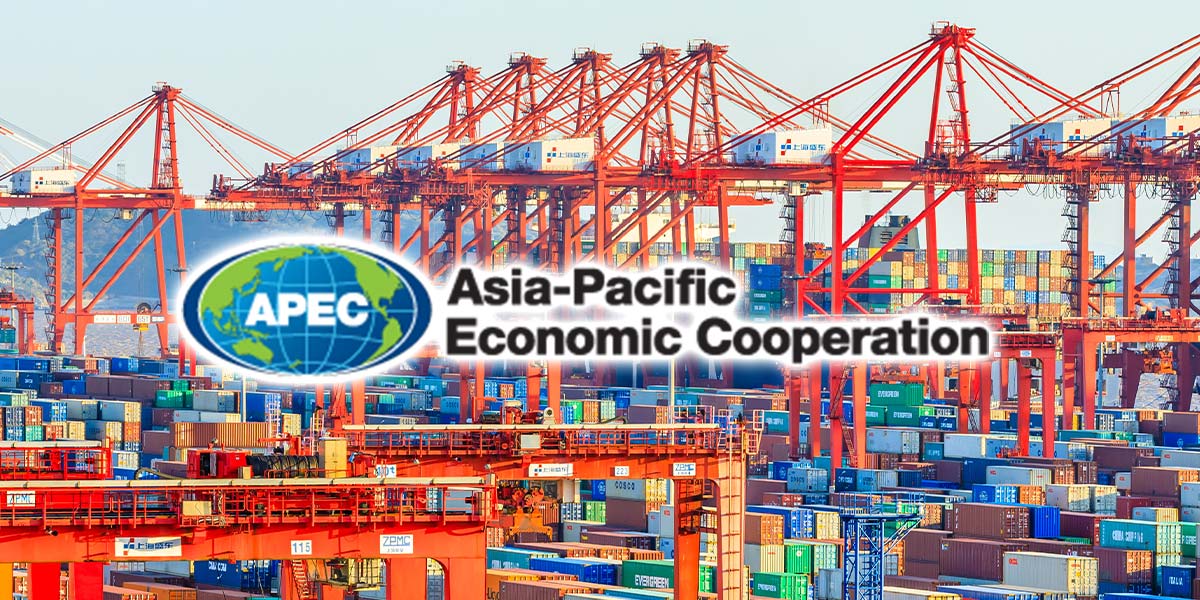Pichai Naripthaphan, Thailand’s Minister of Commerce, attended the 2025 APEC Ministers Responsible for Trade Meeting (MRT) in Jeju, Republic of Korea, where he presented Thailand’s vision and strategic response to global trade challenges.
The event also saw engagement with both public and private sectors from APEC economies, aiming to strengthen economic and trade alliances against a backdrop of mounting global trade uncertainties, rapid technological change, and economic volatility.
The meeting provided a crucial platform for APEC members to sit at the negotiating table, exchange perspectives, and deliberate on driving global trade towards greater stability and sustainability.
This year’s meeting focused on fostering dialogue among member economies, developing collaborative frameworks, and furthering the goal of achieving sustainable and stable global trade.
A key outcome was the adoption of a joint statement under the theme “Building a Sustainable Tomorrow,” which underscores a collective commitment to address and resolve new-era trade issues.
Pichai highlighted three main topics of discussion at the meeting:
- Utilization of innovation and artificial intelligence (AI) to facilitate trade.
- Promotion of an efficiently integrated multilateral trading system.
- Advancement of prosperity through sustainable trade.
The results of the meeting are expected to benefit economic, trade, and investment policymaking for both Thailand and APEC economies, while also supporting opportunities for Thai businesses to expand their global market presence.
The event further laid the groundwork for cooperative frameworks to tackle long-term trade challenges. Minister Pichai and counterparts endorsed the APEC Ministers’ Joint Statement, affirming their intent and commitment to collaborate on key issues shaping modern global commerce.
During the meeting, Pichai voiced support for South Korea’s leadership in advancing digital technology and artificial intelligence (AI) as engines for sustainable and inclusive growth. This aligns with the Thai government’s policy to leverage technology for commercial development.
He emphasized collaboration within the APEC framework on digital connectivity, data standards, and AI research, alongside bridging the digital divide, ensuring data protection, and preparing the workforce for a sustainable digital transition.
Pichai also stressed the necessity of reforming the World Trade Organization (WTO) to ensure that the multilateral trading system remains robust amidst present and future challenges, proposing that APEC serve as a forum for constructive dialogue to pave the way for concrete outcomes at the 14th WTO Ministerial Conference in 2026.
On this occasion, the Minister held discussions with ASEAN members on addressing current trade challenges, and conducted bilateral talks with Japan and representatives from Google to seek cooperation in driving Thailand’s trade economy. He also held meetings to enhance relations with trade ministers from various economies including the United States, the Republic of Korea, and Singapore.
This meeting is not just about safeguarding our own interests, but about exchanging perspectives and jointly shaping the future of trade. It’s about creating balance and mutual understanding within the Asia-Pacific – a region central to the global economy – and opening the door to a new sustainable paradigm in international commerce, Pichai remarked.
APEC is a regional cooperation framework of the Asia-Pacific region, consisting of 21 member economies: Australia, Brunei, Canada, Chile, China, Hong Kong-China, Indonesia, Japan, Korea, Malaysia, Mexico, New Zealand, Papua New Guinea, Peru, the Philippines, Russia, Singapore, Taiwan, Thailand, the United States, and Vietnam.
In 2024, Thailand’s trade with APEC economies was valued at approximately THB 15.10 trillion—a 9.92% year-on-year increase. Of this amount, imports from APEC accounted for THB 7.75 trillion, while exports from Thailand to APEC markets reached THB 7.35 trillion.





